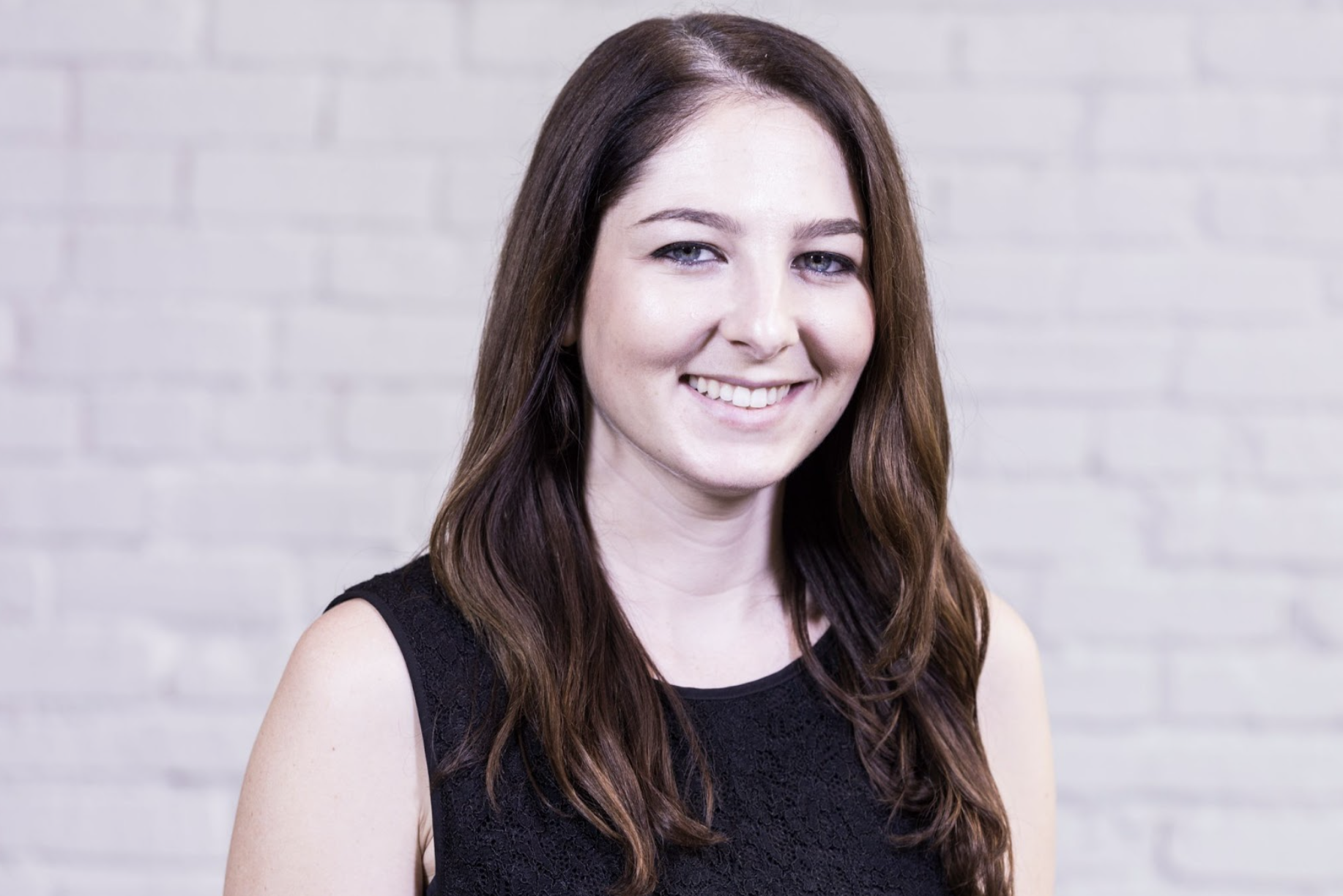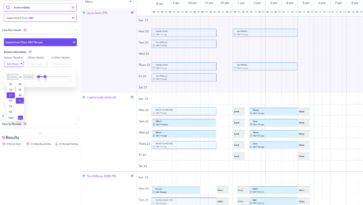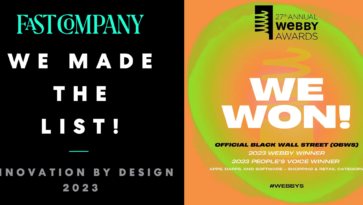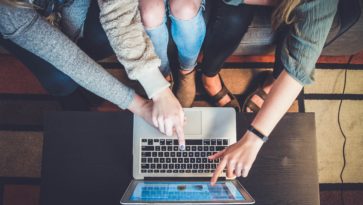Where did you grow up and what was it like?
I grew up in Palos Verdes, CA. It was beautiful! Lots of horses, greenery, wandering around canyons. It was a very small town where everyone knew each other.
Outside of work, what are you irrationally passionate about?
I’ve always been interested in architecture and interior design. I could drive through LA neighborhoods for hours. I’m also an aunt, so spending time with my niece and nephew is my favorite thing to do.
Designers tend to take many routes before becoming product designers. What has your creative journey looked like that led you to this point in your career?
I got a Masters degree in Interior Architecture after college and started working in architecture firms in Los Angeles. As much as I love interior design, the day to day of the role was not creatively fulfilling. I had a friend who started working in a startup as a Product Manager, and one day we were sharing with each other what we were working on. He sent me a screen that he was marking up to rethink its usability, and I was instantly interested! I loved how it required problem solving with a user’s need as its core success metric. I took a Product Design course at UCLA Extension and a day bootcamp at General Assembly to gage my interest and decided to take a leap of faith and make a career change. I quit my job and signed up for a 12 week intensive bootcamp at General Assembly, which led to my first UX job.
We talk a lot about our jobs being the opportunity to imagine the future and then make it real. What vision do you have for the future and want to make real?
I would love to work on technology that has a direct impact on people’s lives, like edtech, health tech, etc. I also want to make sure that whatever technology I create is accessible to a variety of people.

Not everything we do works and that’s okay. We learn from those things. What is the least successful product or project you’ve contributed to and what did you learn? (No need to mention real names if it’s an issue)
The least successful project I’ve contributed to was one where I didn’t push back enough. The client wanted a very robust new product, and wasn’t sold on the idea of a simple MVP to first test product market fit. In that scenario, I should have taken it on myself to teach the client why an MVP is valuable, and why it would be a more successful product if we phased in features based on actual client feedback.
How has a failure, or apparent failure, set you up for later success? Do you have a “favorite failure” of yours?” (Borrowed from Tim Ferris’ “Tribe of Mentors”)
When I came to Sidebench I had no experience presenting to clients, and I got feedback early on that I needed to work on my delivery. That feedback made me stop and think about what point I was trying to get across with each design I presented, and really think through how to present my designs in a way to ‘sell’ them to the client.
What’s been the most exciting part about joining Sidebench so far?
The most exciting part has been working with a team on a variety of projects. I’ve gotten to work closely with people who have vastly different backgrounds and career paths and worked together to create something new. I joined with just mobile design experience, and now I’ve had a chance to design on different devices on products spanning from AR to Healthcare.
We love to find people that ADD to our culture vs fit into our existing culture. What are some cultural aspects that you’ve experienced that you hope to bring with you?
The friendships I’ve made here is something that has been unique, and has made the work that we produce even more successful. I hope that I can keep developing close relationships and trust with coworkers so that we have the space to be creative together.
Describe your super power or describe what unique skill/perspective you bring to the team here.
I think I have two main superpowers: Empathy and Skepticism. Empathy helps me connect with the users I’m talking to and design for them. Skepticism helps me question features and objectives to make sure we balance the business needs with the user’s needs.
What skill, practice, behavior, hobby or habits are you currently working on?
I’m currently working on honing my UI design skills. I have 4+ years of experience in UX, and I want to be able to tackle the whole product design experience, from ideation to dev ready, pixel perfect screens.
You can also find this story on Medium









